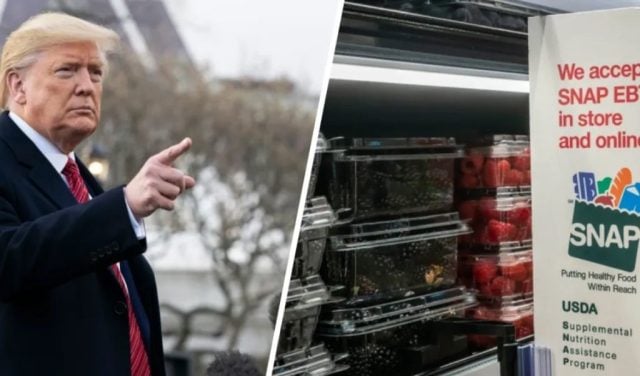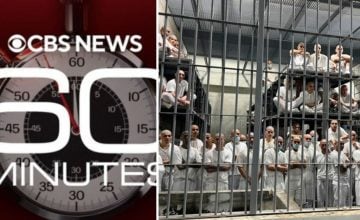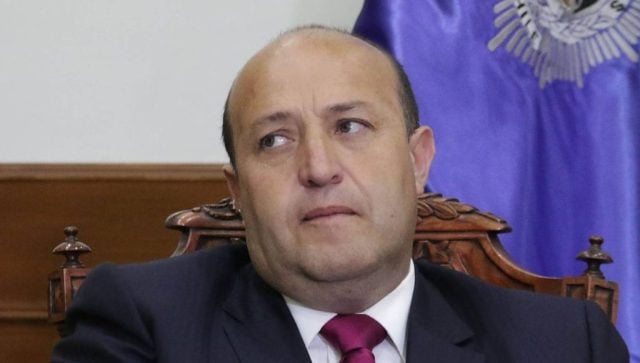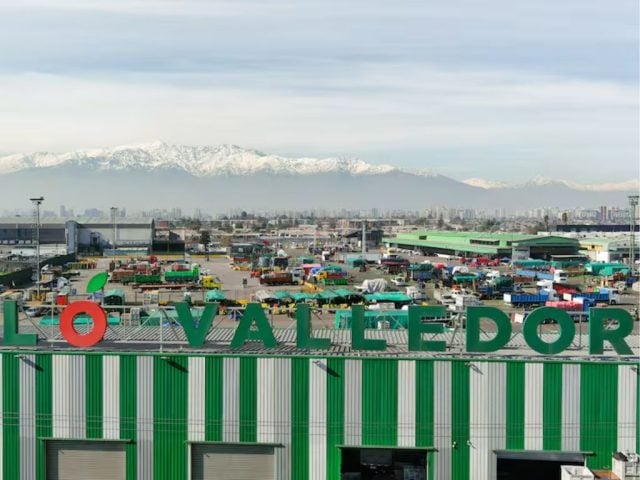Original article: Más de 20 estados demandan a Trump para evitar que 42 millones se queden sin “cupones de alimentos”
A coalition of over 20 states has filed a lawsuit against President Donald Trump’s administration to prevent the suspension of benefits from the Supplemental Nutrition Assistance Program (SNAP), which is set to expire at the end of this week.
This situation is critical, as the SNAP program, commonly known as food stamps, provides assistance to more than 42 million Americans.
Earlier this month, the U.S. Department of Agriculture (USDA), the target of the lawsuit, announced that funding for the program, which offers monthly subsidies for food purchases to nearly one in eight Americans, would be halted after November 1, when federal funds run out.
This weekend, the USDA stated on its website that SNAP would not receive funding if the government shutdown continues into next month.
The Republican-led government is refusing to tap into a contingency fund of $5 billion to keep this initiative operational.
“Due to the USDA’s actions, SNAP benefits will be delayed for the first time since the program’s inception,” the states argue in the lawsuit filed in the District Court in Massachusetts.
“Suspending SNAP benefits under these circumstances is unlawful and arbitrary under the Administrative Procedure Act,” said the plaintiff states, including California, Massachusetts, Washington, New York, Arizona, Connecticut, Nevada, Wisconsin, Kansas, Kentucky, Pennsylvania, and the District of Columbia, among others.
The legal action seeks to compel a federal judge to order the USDA to utilize all available resources to ensure the continuity of aid, considering that the funds were approved by the U.S. Congress.
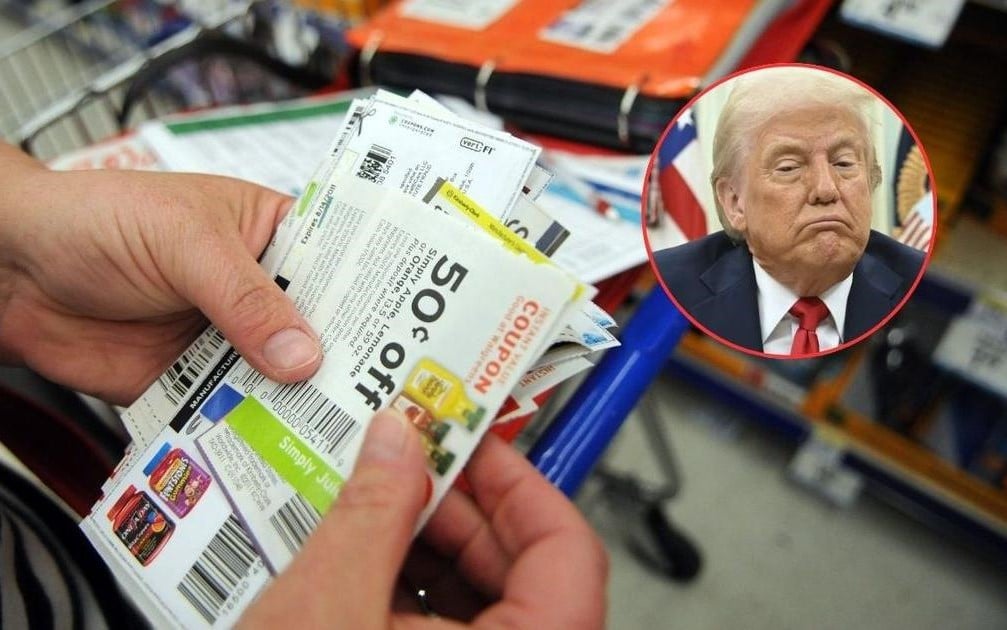
«They Are Using Americans as Political Pawns»
In an interview with Democracy Now!, Gina Plata-Nino from the Center for Food Research and Action warned that the loss of funding for the SNAP program would have a domino effect, leading to increased credit card debt, delays in rent payments, and overwhelmed food banks.
“We will witness a decline in the well-being of the population,” she asserted, adding that what is at stake is the livelihood of families in the United States.
“It’s about the food that reaches the tables of more than 42 million Americans who will lose faith in the government if the Secretary of Agriculture fails to use the contingency reserves available to ensure that SNAP benefits are not delayed in November,” she highlighted.
She noted that 96% of those benefiting from the food stamp program are U.S. citizens, mostly “white Americans.”
“The reality is that, unfortunately, some people rely on it to pay rent because they don’t have enough money. The majority of people on SNAP are working. They live paycheck to paycheck, and it helps them, while SNAP is supposed to be a supplementary program. The truth is that it’s their entire food budget. When you have to choose between ensuring there is food on the table for your child, even if they eat at school, when they get home, they see mom and dad skipping meals,” she pointed out.
“So, unfortunately, they are using human beings, Americans, as political weapons, as pawns in a chess game when they have to face their landlord and say, ‘I don’t have money for food. I don’t know if I can pay the rent’,” she criticized.
Regarding the lack of resources claimed by the USDA, Plata-Nino reminded that SNAP is a federal program.
“The state manages all the federal money, so the idea that there is plenty of money lying around is incorrect. States have been trying to figure out how to recover from the reconciliation bill signed by Trump last summer in July, as they were already trying to understand how they would continue funding SNAP, since for the first time in history, SNAP has to become a line item in the budget if it is to continue being included in the program because the reconciliation law cuts $187 billion from SNAP. So this is a continuation of what the administration is considering. Therefore, states were already dealing with this, asking, ‘How are we going to implement all these changes? How are we going to do it with fewer administrative resources? How are we going to get the money up front?’,” she stated.
The researcher pointed out that with the suspension of funding, citizens are very angry and upset.
“They don’t understand that the agency that can make all of this disappear is the Secretary, it’s the President, simply by using their power. And some states are saying, ‘Should we use the funds?’ They can’t do that. They don’t have resources. There are no additional reserves. The USDA sent two memos on Friday, one indicating that states would not receive reimbursements if they used these funds. We know that the governor of Virginia declared a state of emergency and is looking for ways to do it. We have also heard reports from other states. The governor of California has allocated more money to food banks and mobilized the National Guard to help transport food and ensure its processing. But this is just a patch for a larger problem and only highlights the impact of federal inaction,” she alerted Democracy Now!
According to U.S. media, there is currently no solution in sight to resolve the government shutdown, which began on October 1. A Republican-backed bill in the House of Representatives that would have temporarily funded the government was rejected in the Senate for the thirteenth time this Tuesday.
The majority of Democratic senators have refused to vote for the Republican bill as it does not extend enhanced tax credits for health insurance plans under the Affordable Care Act (Obamacare).
